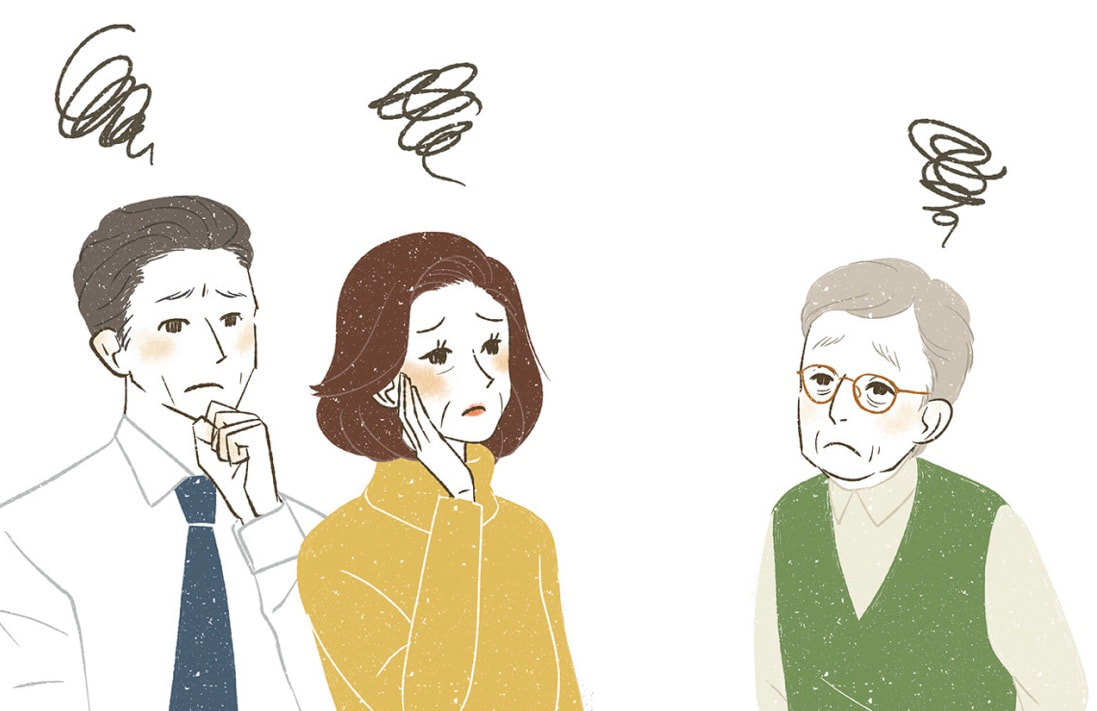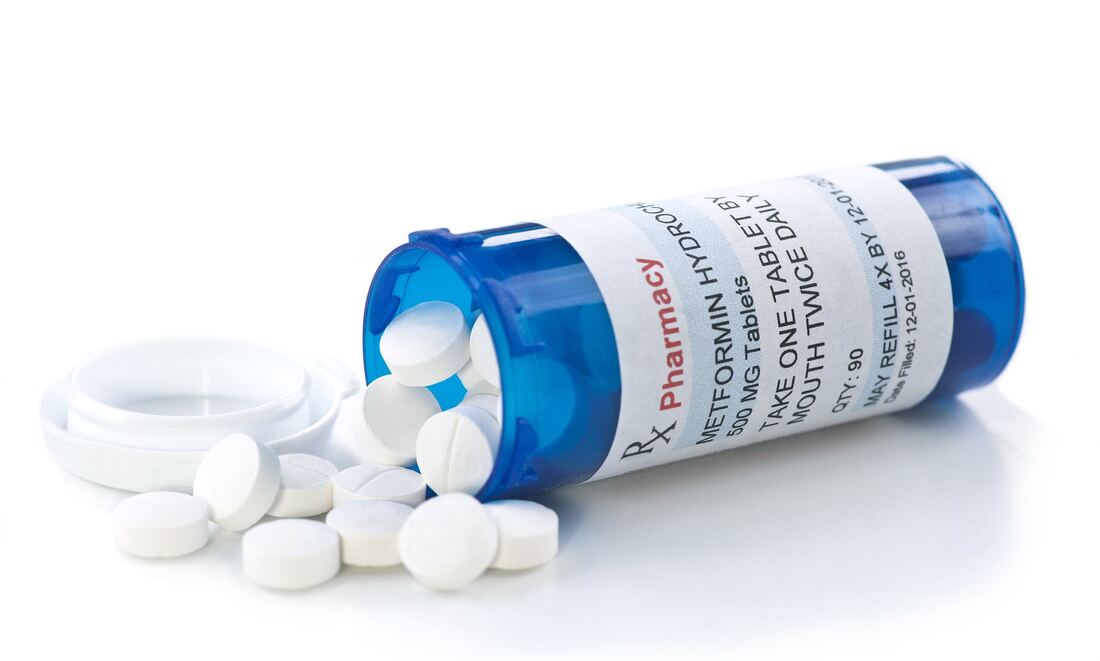Delirium: the surgical complication nobody talks about.
During recovery from surgery many people experience delirium, a rapidly developing and severe confusion accompanied by altered consciousness and an inability to focus. It’s the most common complication of hospitalization among people ages 65 and over: 20% of those admitted to hospitals, up to 60% of those who have certain surgeries, and almost 80% of those treated in ICUs develop delirium. Prolonged delirium is associated with higher risk of developing dementia, as well as, increase risk for admission to nursing homes. Patients with delirium have higher risk of prolong hospitalization and increase mortality rate. Signs and symptoms of delirium usually begin over a few hours or a few days after surgery. They often fluctuate throughout the day and symptoms tend to be worse during the night when it’s dark and things look less familiar. Symptoms may resolve in days but it can take months sometimes. It’s not clear exactly what causes delirium. We know that patient with previous cognitive impairment are at higher risk. Some researchers believe anesthesia during surgery may play a big role between others.
Recognizing delirium is critical to a successful outcome for older patients. Many efforts have been made for early diagnosis. A widely number screening tools have been studied, but the most common is the Confusion Assessment Method (CAM). It’s been shocking to me not only how common this is but that health care providers often don’t know how to deal with it appropriately, usually giving medication that potentially could make things worse. We now know that it is often preventable and that people who are already experiencing cognitive decline when they go into the surgery get worse and have worse outcomes. So something to remember, it’s not a normal side effect and many time it doesn’t go away.
Patients with existing cognitive problems should assess whether they truly need elective surgeries. And people who must have surgery should identify risk factors that might trigger an episode. Evidence indicates that certain strategies like good hydration, avoiding certain medications (Benadryl, Valium, etc.), promoting good sleep habits, helping the person remain calm and well-oriented, and helping prevent medical problems or other complications can help prevent or reduce the severity of delirium. No medication is effective or indicated in the treatment of delirium. In an early clinical trial from Harvard University, these interventions reduced delirium from 26% to 8% in high risk patients. As a family member you can help, you’re love ones, stay close, be there for meals and show some love. Hope it helps. Let’s celebrate aging!!










